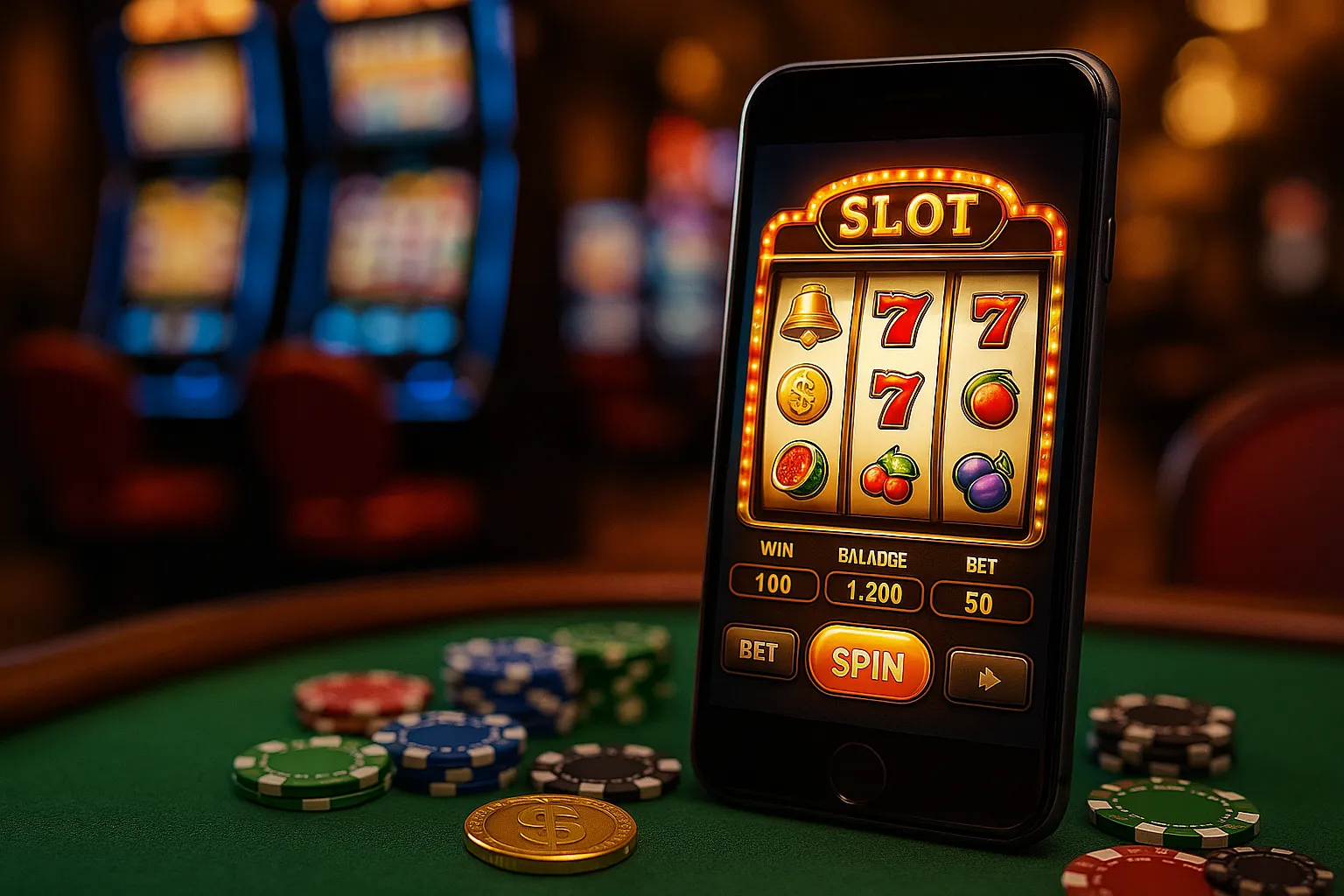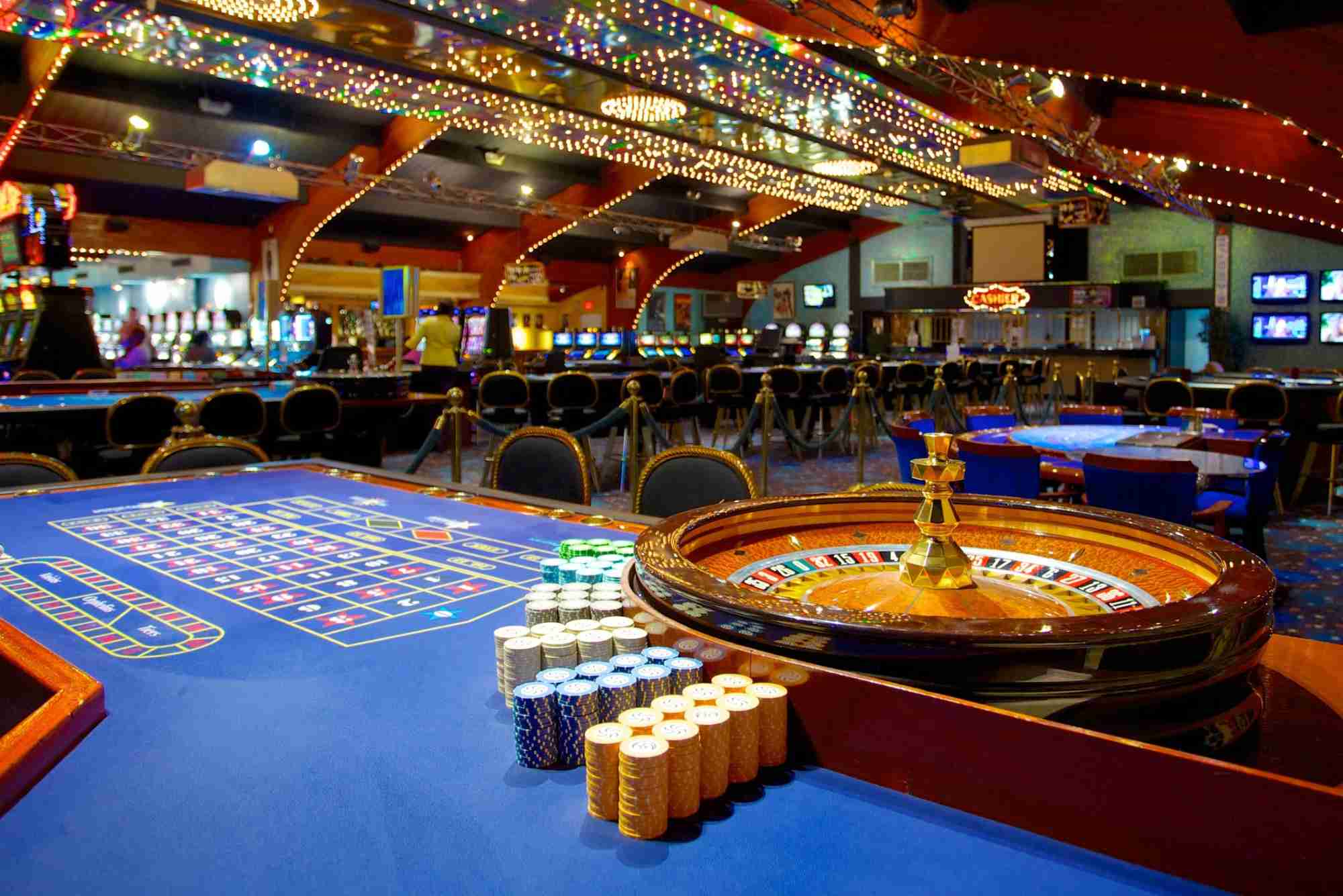As someone who’s spent countless hours spinning reels on both desktop and mobile, I’ve often paused to consider a fundamental question: how much does it actually cost to play a single spin on a slot machine? Whether you’re a casual player or a seasoned pro, understanding the average spin cost can help you manage your bankroll smarter and enjoy the game longer. In this article, we’ll explore what determines spin costs, how they vary across different platforms, and how you can find the best value—particularly when playing online slots UK.
Understanding the Basics of Spin Cost
Every slot game allows players to choose their bet size before hitting the spin button. This bet is made up of two main components: the coin value and the number of coins per line (or total bet). For instance, a slot might let you select a coin value ranging from £0.01 to £1, and also choose how many paylines you want to play. Some games offer as few as 10 paylines, while others can exceed hundreds of ways to win.
To calculate your spin cost, you multiply the coin value by the number of coins per line and then by the number of active paylines. In simple terms, if you play a slot with 20 paylines, each line at £0.05, your total cost per spin would be £1.00 (20 lines × £0.05).
Most modern slots are designed to be accessible, meaning you can spin for as little as £0.10 on some titles or as much as £100 or more on high-stakes games. But what does the average player spend?
Typical Spin Costs Across Slot Categories
Slot games can be broadly categorized by volatility—low, medium, and high—which also influences their recommended spin costs.
Low-volatility slots are built for frequent but smaller wins. They often appeal to conservative players who want more spins for their budget. On average, these games accept bets from £0.10 up to around £5 per spin. I’ve found titles like Starburst and Gonzo’s Quest often attract players looking to extend their sessions without risking large amounts.
Medium-volatility slots strike a balance between win frequency and payout size. Here, the average spin cost sits between £0.50 and £10. Popular hits like Book of Dead and Immortal Romance allow players to fine-tune their bets within this range, making it easy to scale up or down depending on how your session is going.
High-volatility slots are riskier but rewarding, with bigger but less frequent payouts. The average spin on these games often starts at £1 and can go up to £20 or higher. Games like Bonanza Megaways and Reactoonz fall into this category, attracting thrill-seekers who don’t mind occasional dry spells for the chance at a life-changing win.
How Platform Choice Affects Spin Cost
One aspect that often surprises new players is the difference in average spin costs between land-based casinos and online platforms.
In a physical casino, the minimum bet on a slot machine typically starts around £0.20 or £0.25 per spin. Currency conversion fees, tipping culture, and the casino’s operating costs can push these minimums higher. It’s not uncommon to see machines with a minimum spin cost of £1 or £2, especially on newer or themed games.
By contrast, online casinos generally offer greater flexibility. Many slots you’ll find on online slots UK sites allow bets as low as £0.01 per line, meaning you could spin for under £0.10 on a 10-line game. The lack of venue overhead and the ability to aggregate players globally allow online operators to offer smaller bet increments and more diverse staking options. This flexibility is a huge draw for players who want to control their budget tightly.
Promotion Impact on Effective Spin Cost
Another factor that can significantly affect your average cost per spin is casino promotions and bonuses. Welcome offers, free spins, cashback deals, and loyalty rewards all have the power to stretch your bankroll further.
I remember one session where a £20 deposit unlocked 100 free spins on a popular slot, effectively lowering my risk per spin to just a few pence. Over several hours, those free spins turned into a small profit, illustrating how strategic use of bonuses can tip the scales in your favor.
However, always read the fine print. Wagering requirements can mean that free spins need to be played a certain number of times before withdrawal, which means you might end up spinning more than you’d planned.
Real-World Example: Calculating Your Average Spin Cost
Let’s walk through a practical scenario. Suppose you deposit £50 into your account and receive 50 free spins with a £0.10 coin value on a 20-payline slot. You decide to play all 50 free spins and then continue with your own money at £1 per spin.
Free spin value: 50 spins × £0.10 × 20 lines = £100 worth of spins at no cost to you.
Paid spins: £50 ÷ £1 per spin = 50 spins.
Total spin count: 100 spins for £50 in real money.
Your effective spin cost = £50 ÷ 100 spins = £0.50 per spin. Rather than paying £1 per spin, the promotion effectively cut your average cost in half. That’s a powerful demonstration of how bonuses shape real spending.
Managing Your Bankroll: Know Your Limits
Understanding average spin costs isn’t just about comparing prices. It’s also about responsible bankroll management. Most expert players recommend risking no more than 1–2% of your total bankroll on a single spin. So, if you have £500 set aside for slots, you’d limit your bet size to £5–£10.
This approach prevents rapid losses while allowing you to enjoy the game. It also reduces the emotional roller coaster: lower stakes mean less stress, which helps you make clearer decisions. Over time, this strategy leads to more sustainable play.
The Role of Paylines and Coin Denominations
Spin cost is intertwined with paylines and coin denominations. Slots with variable paylines let you choose how many lines you want to play, directly impacting your bet. If a slot offers 25 paylines and you set your coin value to £0.05 per line, your spin cost is £1.25. Reducing paylines to 10 brings your cost down to £0.50—an important option when you’re managing a tight budget.
Similarly, games with flexible coin denominations allow bets as low as £0.01 or as high as £5 per coin. Always check the minimum coin value and the number of active paylines before spinning, so you’re fully aware of your per-spin outlay.
Comparing Machines: Feature-Rich Slots vs. Simpler Games
Feature-heavy slots often demand higher minimum bets. Games with multiple bonus features, cascading reels, and 3D graphics require more development and rendering power, which translates into higher operating costs. Consequently, developers set their minimum spins at 20p or 50p per line.
Simpler slots—sometimes called “classic” or “retro” games—often have a lower barrier to entry. These might be three-reel fruit machines or games with minimal animations. Their simplicity allows for bet options as low as £0.05 per line. If you just want a quick spin without extra frills, these games are ideal for stretching your budget.
Emerging Trends: Dynamic Spin Costs and Custom Bets
Some of the latest developments in slot design include dynamic spin costs and custom bet builders. These features let you adjust coin values, number of paylines, and even bonus feature bet levels in a single interface. For example, you might choose to pay slightly more per spin in exchange for an increased chance of triggering a bonus round.
These innovations empower players to tailor their experience and control risk more precisely. As these mechanics become more common, the notion of an “average spin cost” will continue to evolve, blending player choice with game structure.
Balancing Entertainment and Expenditure
Ultimately, the goal of understanding spin costs is to find a balance between entertainment and expenditure. Slots are designed to be fun, immersive, and unpredictable. By knowing how much each spin costs on average, you can make informed choices, set realistic budgets, and avoid unwelcome surprises on your casino statement.
From my own experience, the best players combine a clear grasp of spin costs with smart bonus use and disciplined bankroll control. They enjoy the highs of big wins without letting losses derail their experience.








